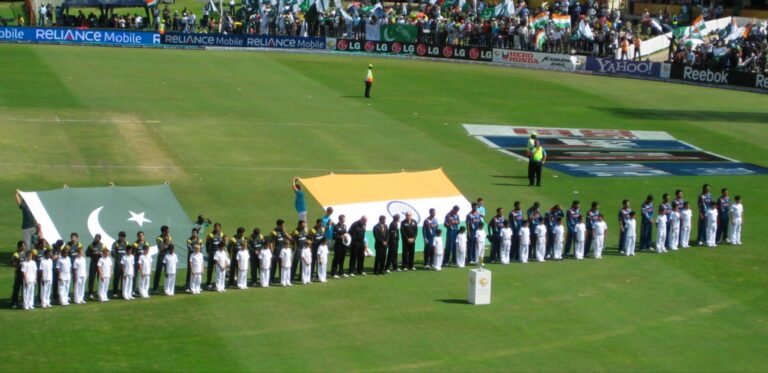
- Because of its highly complex geopolitical earlier, Russia has had major effects on North Korea’s governmental system. The relationship between these two countries has changed strongly from the era of Joseph Stalin to the current presidency of Vladimir Putin. We’ll examine more closely at Russia’s political influence on North Korea over time in this post.
Stalin’s Time period: A Important Alliance
The Cold War’s early years are when Russia first started to have an impact on North Korea. The founding leader of North Korea, Kim Il-sung, received critical assistance from Joseph Stalin, the leader of the Soviet Union. Stalin’s support made it probable for North Korea to return from World War II as a distinct and independent state.
The Soviet Union helped North Korea with strategy for politics, financial support, and military weapons all through this time. This assistance was crucial in cementing Kim Il-sung’s rule and forming the nation’s early ideologies, especially communism.

Cold War-era realignment
The geopolitical environment underwent an important change in 1991 with the collapse of the Soviet Union. As the Soviet Union, North Korea’s primary supporter, lost strength, the country experienced economic hardship. North Korea sought support from other countries, especially China and Russia, as a result of the sudden crisis.
In the time during the Cold War, Russia continued to have diplomatic contacts with North Korea, but its influence was not as great as it had been under Stalin. Nevertheless, Russia participated in the Six-Party Talks alongside China, South Korea, Japan, and the United States, continued to play a part in regional discussions on North Korean nuclear issues.
The Putin Era: A Rekindled Friendship
Vladimir Putin’s administration has recently seen a comeback in Russia’s political influence over North Korea. The political situation has changed, even though Russia’s economic and military backing may not be at the same level as it was under Stalin.
Putin has made diplomatic relationship with North Korea and focused the importance of achieving a peaceful settlement to the Korean Peninsula issue. Russia has supported communication between North Korea and its neighbors, such as South Korea, and supports the plans to attain the elimination of arms.
In addition, Kim Jong-un, the king of North Korea, met with President Putin, suggesting a renewed trust in Russia as a diplomatic ally. These conferences sought to deepen ties between the two countries and examine possibilities for economic collaboration, specifically in the energy the manufacturing process.
The Condition Currently
Russia’s political influence over North Korea continued to be a topic of importance on the global stage as of [2023]. Despite not being a major player in the area, Russia’s diplomatic efforts and historical links with North Korea support the denuclearization and stability of the Korean Peninsula.
Russia and North Korea continue to have a complicated relationship because of political, economic, and security reasons. It’s essential to maintain focus on how the relationship changes in the light of Northeast Asia’s changing geopolitical dynamics.
Conclusion
Over the years, Russia’s political power over North Korea has changed a great deal, from the time when Stalin supplied essential supporting to the current era of diplomatic relationships under Putin’s direction. Russia’s influence on the Korean Peninsula may not be as strong as it once was, but its participation in regional discussions and its strong connections with North Korea continue to have an impact.

























+ There are no comments
Add yours